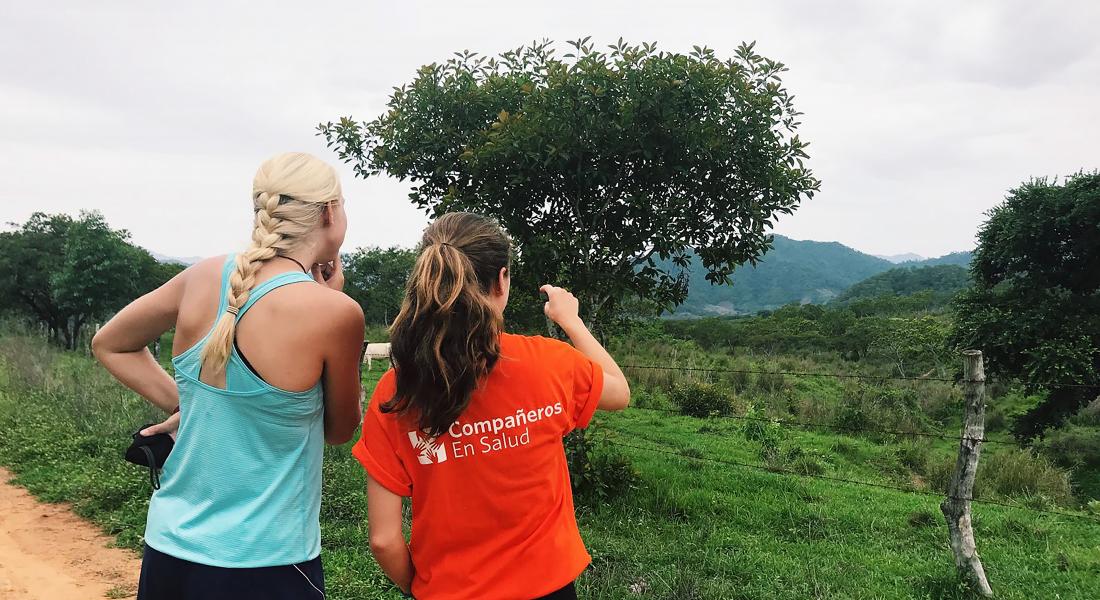
On Monday, June 25…
The most significant accomplishment this week was the focus groups. First, we drafted lists of questions and follow-up questions to guide the discussion, wrote an informed consent document, prepared snacks and coffee and scheduled a small room in the hospital to hold the focus groups. On the day of, we arrived early to the room to set up the food, coffee and arrange the chairs. We discovered that in the room over they were redoing the floors so it was extremely loud with the construction in process. Shutting the door helped, but made the small room oppressively hot with no air-conditioning so we drove back to pick up several fans from the office. After this minor, unexpected setback, the focus groups went very well. We split the staff up into nurses, doctors, and administrative staff so that each group felt comfortable to voice their opinions without their bosses in the room, which worked very well. All of the individuals participated and shared important viewpoints. Some of the takeaways from the focus groups were the incessant demand for better communication between all levels of the hospital, a need for more reliable Wi-Fi, more understanding towards the work of the administrative staff, and the desire of the nurses to be taught surgical skills from a surgical nurse instead of lecture style or by a doctor. The staff was clearly excited for the surgical program and appreciated being included in the development of this new program. It was a lot of fun to get to know the doctors, nurses, and staff working behind the scenes.
Apart from work related activities, some of the other volunteers and I have been able to enjoy the beautiful land across the river. The entire team here has been watching the World Cup together. In addition, Moira Horn left and Lauren O'Connell has arrived, so it has been fun to get to know two other Notre Dame students. It is also exciting to show Lauren and the other new volunteer, Rachel, around the city now that I feel confident knowing my way around and pointing out landmarks.
“Emilia, quiero mostrarte mi muñeca que se llama Elsa,” Florita called as she ran to her bed and grabbed the small, blonde doll modeled after the popular Disney movie, Frozen. She placed Elsa’s homemade brush made from mango tree wood and mule hair in my backpack to keep it off the muddy floors of her home. I was not expecting the influence of Frozen to have trickled out to the rural villages of Mexico, but Florita was just as enthralled with all the details of this movie as were the children I babysat weeks earlier in my hometown. Florita was born with Treacher Collins syndrome, which results in deformities to the ears, eyes, cheekbones and chin. In the United States, most babies born with this genetic disorder undergo several reconstructive surgeries in order to elongate the chin, reposition the eyes and shape the ears, as well as obtaining hearing aids and attending speech therapy. Florita did not have access to nor the funds for any of these common treatments in the US, but she was still growing up like other four year old girls I knew at home.





